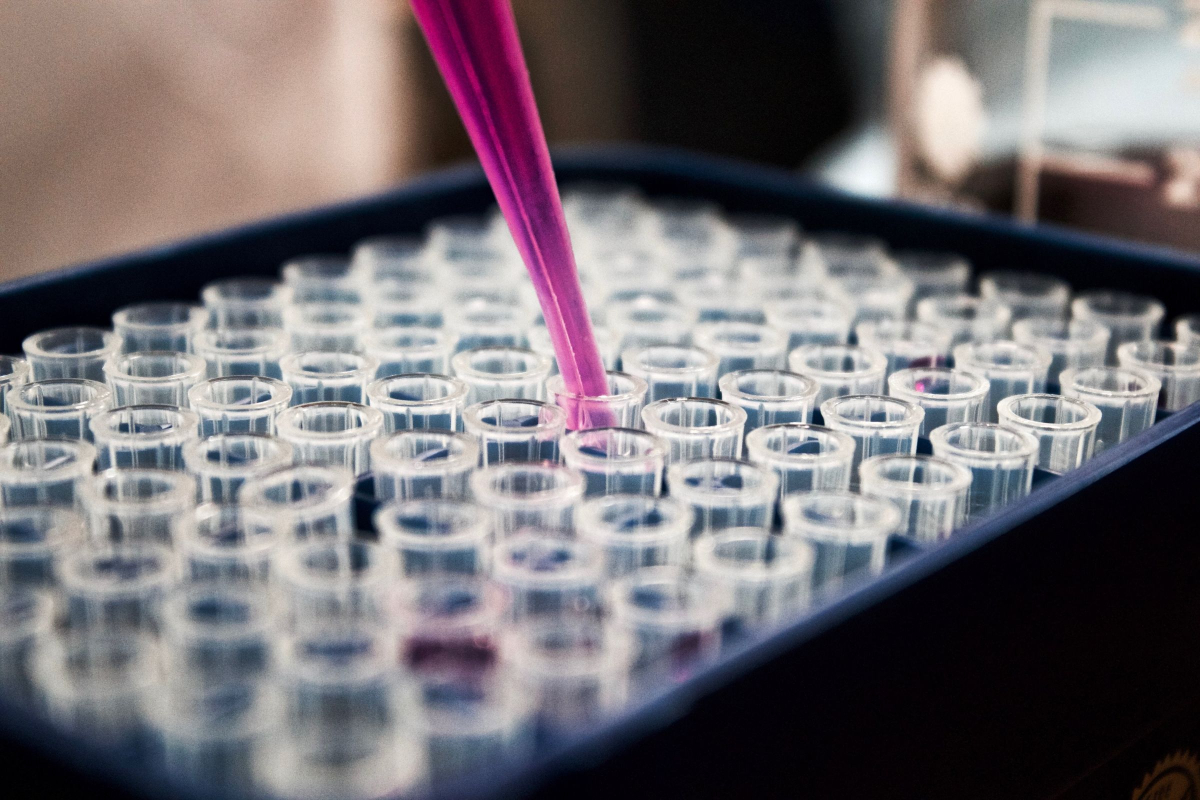Hepatocytes are epithelial cells found in the liver. These specialized cells make up almost 80% of the human liver’s total mass, fulfilling a wide variety of metabolic, secretory, and endocrine tasks. These unique cells are also considered a gold standard for the in vitro evaluation of drug metabolism, interactions, toxicity, and transporter activity.
How Hepatocytes Function in the Body
Hepatocytes have polygonal shapes with well-defined borders containing granular cytoplasm and large, centrally located nuclei. The extreme polarization of their architecture and the cytoplasm’s organization is what allows them to perform their essential physiological and biochemical functions. Liver homeostasis is maintained by midlobular zone 2 hepatocytes, but that’s not all hepatocytes do.
These cells metabolize carbohydrates, lipids, and xenobiotics in the liver. They also synthesize key carrier and binding proteins and the major enzymes involved in processing xenobiotics and xenobiotic metabolites. Those interested in getting into the function of hepatocytes in greater depth can click for more info.
Applications for the Pharmaceutical Industry
The pharmaceutical industry uses both normal and diseased hepatocytes to test drug uptake, metabolism, and efflux. Researchers use suspension assays to predict new compounds’ pharmacokinetics and clearance rates. They also employ sandwich culture models to evaluate the uptake and efflux of candidate drugs, assess their potential for adverse interactions, and more.
Hepatocyte Isolation Processes
According to realtimecampaign.com, most of the protocols used to isolate primary human hepatocytes for pharmaceutical research were developed in the 1960s and ’70s. They rely on crude preparations of collagenase and proteases, producing batches of cells with varying compositions and phenotypes. Today, though, companies like Foresee Medical employ more advanced methods for isolating hepatocytes.
The most advanced methods for isolating human hepatocytes use enhanced tissue flushing and preservation techniques to minimize warm and cold ischemia times. Suppliers also take steps to minimize the amount of time that passes between the recovery of the cells and their arrival at the laboratory, exercising extreme care and quality control throughout the entire process. The effect of these changes is to minimize inherent biological and process-related artificial variability that can impact hepatocyte quality.
Factors That Influence Primary Human Hepatocyte Quality
Medical researchers need to know exactly what to expect when they place orders for hepatocytes. More specifically, they need to know some information about the donor, and they need a good understanding of the tissues that supplied the cells. Every application is different, but these generalizations apply across the field of pharmaceutical research. To ensure that a batch of hepatocytes will be appropriate for a particular application, researchers need to know about:
-
The donor history, including blood chemistry, relevant demographics, BMI, drug history, and serological test results.
-
The histopathology of the cells, as determined by a board-certified pathologist familiar with non-alcoholic fatty liver disease activity.
-
Genotyping data, including the sequencing call, reference allele, allele frequency, and customizations based on the donor’s ethnicity.
-
Post-thaw assessments of cryopreserved hepatocytes can help determine post-thaw viability and yields, morphological integrity, and the cells’ suitability for particular applications.
-
The metabolic activity of each batch of hepatocytes.
-
The induction response of each batch to prototype inducers.
The Bottom Line
Hepatocytes play an essential role not just in the human liver, but in the field of pharmacological research. Researchers have very specific needs, though. They should only purchase primary human hepatocytes from reliable suppliers who use advanced isolation methods.
Media Contact
Company Name: Realtimecampaign.com
Contact Person: Media Relations
Email: Send Email
Phone: 407-875-1833
Country: United States
Website: Realtimecampaign.com


